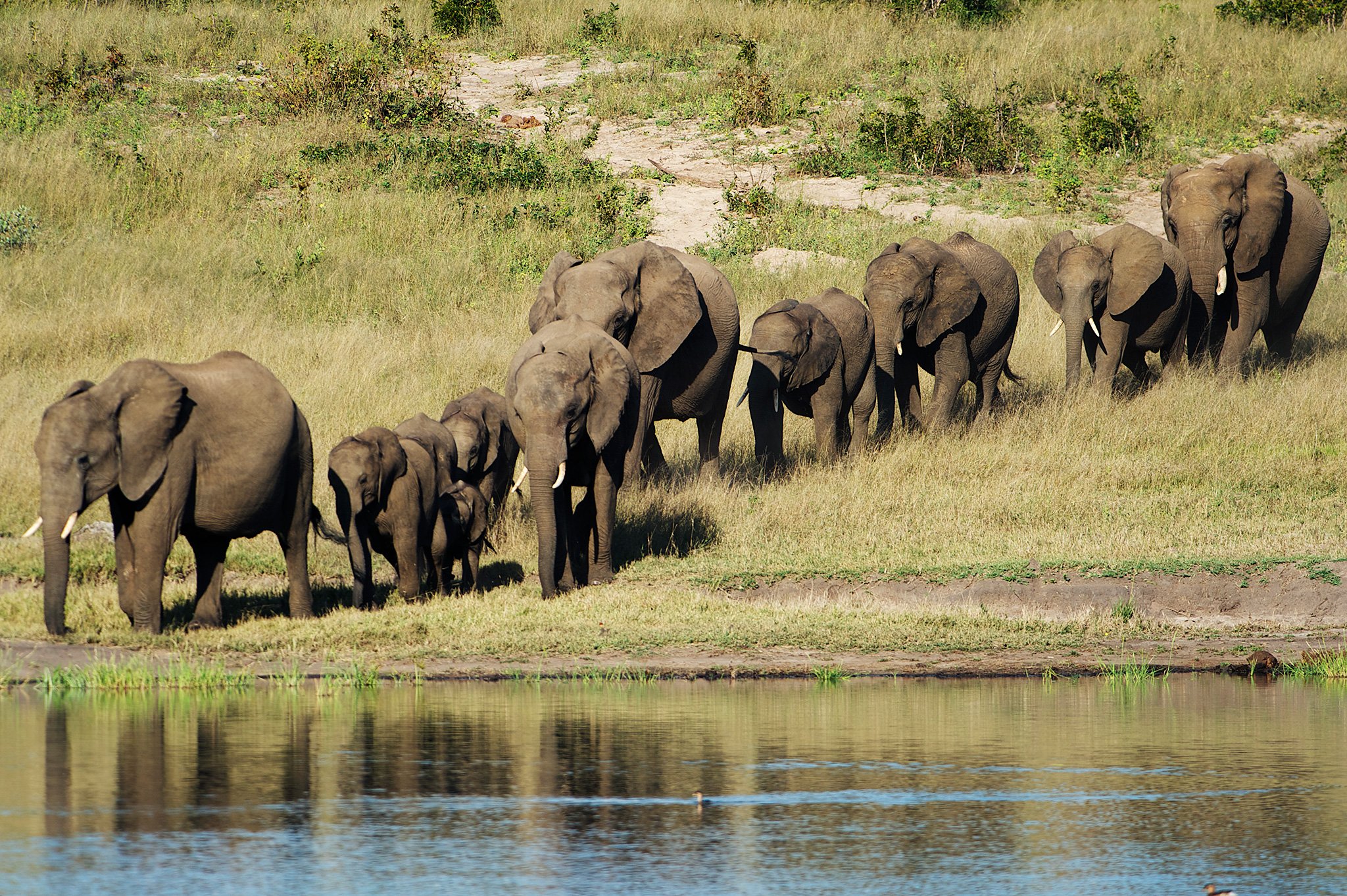We see this theme repeated over and over again throughout religious history into the present day, from Judaism through Christianity, in Hinduism and Buddhism, in Islam, in Confucianism and Taoism, and even into modern day scientific studies, that the overcoming of "self" or ego is central to our flourishing in an abundance of Life and Love in the world, and in realizing higher Truths that go far beyond our typical everyday minds and consciousness.
Category: science
The Neuroscience of Ego Dissolution and Transcendence
"To me, mystical or spiritual experience is what happens when your ego is put aside. Spiritual experience is about a sense of merging with something larger than you. And it's your ego that stands in the way. To the extent that you can subdue it, or just put it off to the side for a few hours, amazing things happen, and you realize that you are part of a larger energy..."
Ego Transcendence in Secular Science
In modern times the nature of the human ego has also been recognized by many in scientific disciplines, in psychology and other fields. I described some of this in an earlier post, in the psychological study of cognitive development in children. But what about losing the sense of "self," the sense of an "I"?
Sacrificing Ego Consciousness In the World’s Religions & Science
One element that I think is shared among all the religions, which has become quite conspicuous to me in recent times, is their history and beliefs about the nature of the human ego, and that this ego is a major obstacle to the flourishing of life and love in ourself and the world, and that transcending the ego is a major goal, if not the goal, of human life. This ego transcendence may be the central feature in all religions, the underlying core message and purpose of all spirituality. And science is beginning to discover this too.
Video: Where Did Life Come From?
This is the one of the greatest questions which has puzzled humanity for millennia. Where did we come from? What is our origin, our source? PBS Digital Studios has put together a great introduction on the topic, a summary of all of our scientific discoveries.
The Book of Mormon as Literary Alchemy: Joseph’s Magnum Opus and the Philosopher’s Stone
Joseph Smith's activity in bringing forth the Book of Mormon can be viewed as a project of alchemy, which was influenced by his affiliation with treasure digging, the folk magic worldview, the Hermetic tradition,1 as well as his many mystical spiritual experiences. I suggest he initially sought to bring the “gold plates” of his visions into material reality, and in the process discovered the true “gold” was within himself, the elusive Philosopher’s Stone.
Einstein’s Misquote on the Illusion of Feeling Separate from the Whole
This morning I came across a quote in an excellent essay by Daniel Christian Wahl, frequently attributed to the renowned modern theoretical physicist Albert Einstein. Wahl did not misquote him, but it seems to be often misquoted when cited in full.
“One Song: The Science of Oneness” by JD Stillwater
In my recent move from Utah to Pennsylvania I've had the opportunity to get to know wonderful new people, and one of those is JD Stillwater. He is a wise, affable, loving, and talented science educator, writer, musician, mystic, naturalist, speaker, and much more. As part of his Seven Candles project, a non-profit organization with [...]
Misreading Scripture as Literal History: Elephants in the Book of Mormon
Religious texts are most often not literal history. They are allegory, narrative, parable, metaphor, simile, symbol, poetry, story, visionary, and figurative. They are not relating precise word-for-word conversations of the past, nor are they detailing literal events that took place. Yes, the Bible talks about many people and places that may have really existed, and may even abstractly refer to events that really took place, but it is not a history book.
Which comes first? Consciousness or Matter?
A day or two ago, you stated that consciousness arises in matter of sufficient complexity. If you know Spira, you probably know he asserts something different, which is that matter and mind and everything else rise out of and are ‘made of’ consciousness. Just wondering if you disagree with him there, and if so, why?









